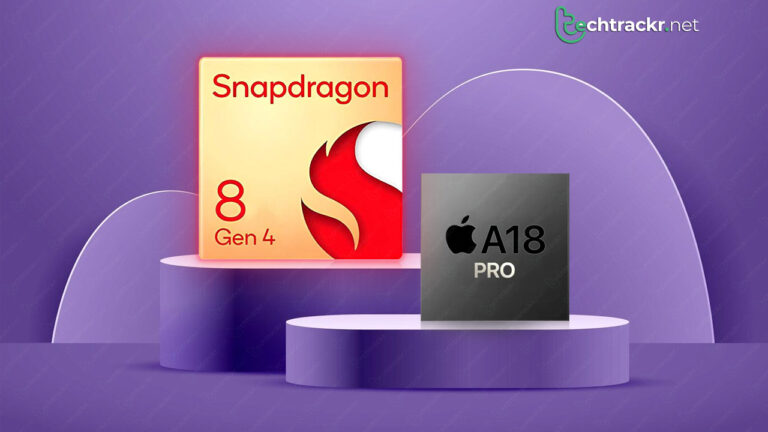
Apple is getting the A18 ready for the next iPhone 16 lineup, but there’s a buzz going around about an A18 Pro. This suggests that Apple could be working on a slightly beefed-up version specifically for the iPhone 16 Pro and iPhone 16 Pro Max.
Looks like the fresh A-series SoC hit the testing scene sooner than expected. The rumored Geekbench 6 scores spill the beans, showing it outpacing Apple’s M3, M3 Pro, and M3 Max in single-core results. However, the multi-threaded performance doesn’t shine as much, at least for the time being.
When we check out the single-core scores of Apple’s M3, it hit 3,076 points in Geekbench 6. The M3 Pro and M3 Max didn’t stray far from that in the same test. Now, there’s buzz about the A18 Pro. @negativeonehero shared on X that the upcoming chip is rocking a single-core score of 3,500, making it about 14 percent faster than the entire M3 lineup.
Apple has consistently held the upper hand in this area, and even though the gap has shrunk quite a bit in multi-threaded tests, the company still reigns supreme when it comes to single-core performance. Even when you stack up the supposed scores of the Snapdragon 8 Gen 4, as spilled by the same tipster, Qualcomm’s upcoming flagship chip hit a score of 2,845. The A18 Pro, on the other hand, outpaces it by 23 percent, making it noticeably faster.
Sadly, in Geekbench 6’s multi-core test, we witness the Achilles’ heel of Apple’s second-gen 3nm chip. The rumor mill suggests it might score around 8,200 points, putting the Snapdragon 8 Gen 4 ahead by 29 percent. However, it’s worth noting that Apple is likely sticking with a 6-core CPU, split into two powerful cores and four efficiency cores.
The Snapdragon 8 Gen 4 is rumored to roll with a ‘2 + 6’ CPU setup, and since Qualcomm isn’t adopting efficiency cores this time around, their new chip is likely to snag higher multi-core scores.
But, as you probably know, performance is just one piece of the puzzle, and without the lowdown on the power draw for each chipset, we can’t really compare how power-efficient they’ll be. Luckily, we’ve heard a bunch of times that both the A18 Pro and Snapdragon 8 Gen 4 are set to hit the market using TSMC’s 3nm ‘N3E’ process, so, at least on paper, their power consumption should be pretty similar.
